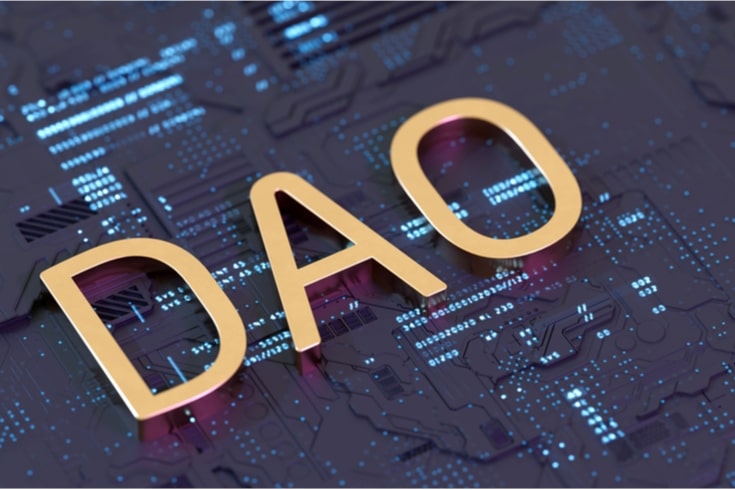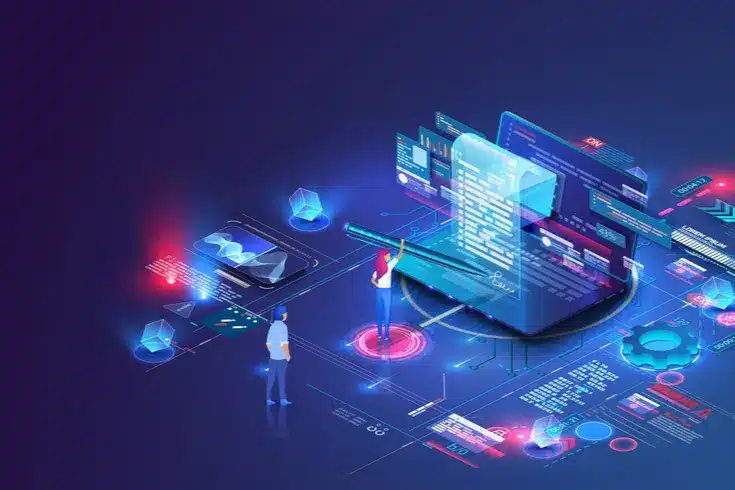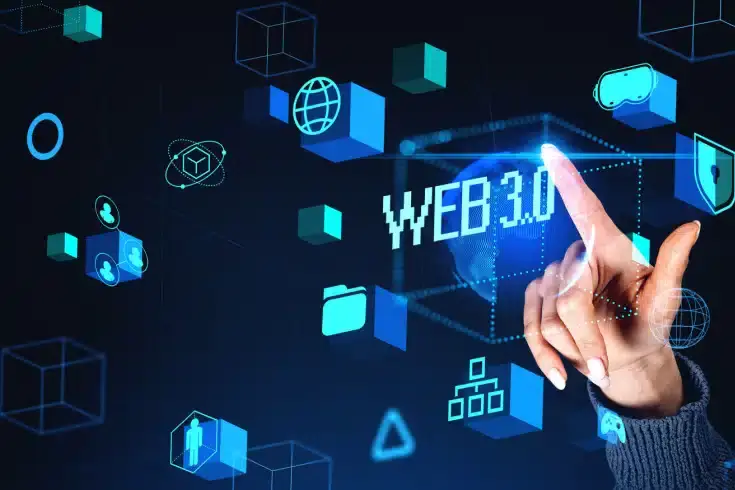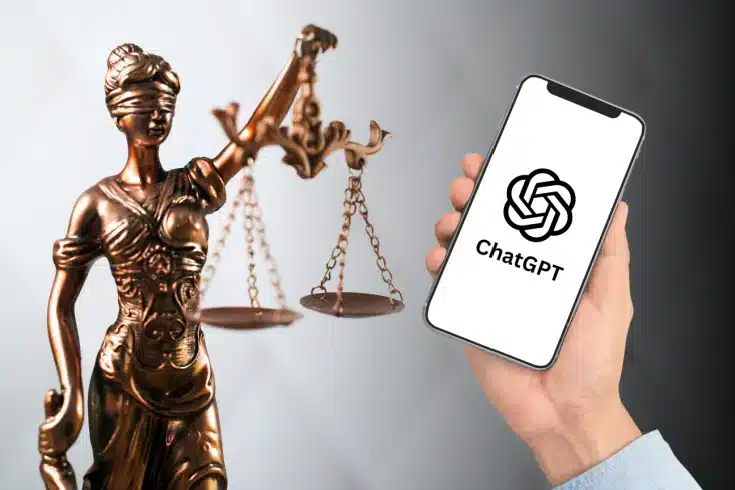Definition of Open Source Software (OSS) and Points to Note Under Copyright Law?

For IT engineers, designers, and various other creators, copyright issues are unavoidable. Disputes may arise over the works they have created, and they may inadvertently infringe on the rights of others’ copyrighted works. In such situations, open source software (OSS) can be a powerful ally for creators, allowing them to use it without worrying too much about copyright issues. However, there are many cases where OSS is not fully understood, and misunderstandings about OSS can sometimes trigger compliance issues.
In this article, we will explain common misconceptions about open source software (OSS), based on its legal definition.
Common Misunderstandings Surrounding Open Source Software (OSS)
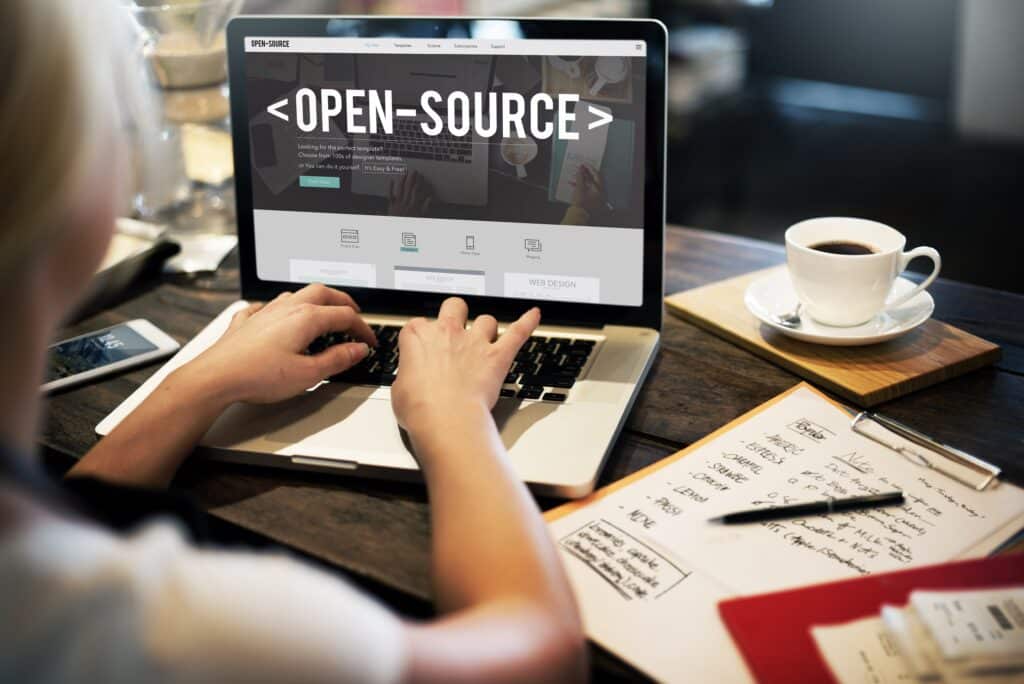
Surprisingly, there are many people who do not fully understand the precise definition of Open Source Software (OSS), leading to various misconceptions. Some common examples of these misunderstandings include:
- Any program whose source code is publicly available to an unspecified number of people on the internet can be considered Open Source Software (OSS).
- Open Source Software (OSS) is not subject to copyright, so copyright law is irrelevant, and there is no need to worry about legal matters.
- All costs associated with the use of Open Source Software (OSS) are free.
- Open Source Software (OSS) can be used freely without any restrictions.
To state the conclusion upfront, all of these are incorrect. Using source code or programs based on these misconceptions can lead to legal issues. It is important to clearly distinguish between Open Source Software (OSS) and non-OSS, and to understand what rights are granted to users of Open Source Software (OSS) to avoid unnecessary legal problems. In relation to these points, it is extremely important to understand the precise definition of Open Source Software (OSS).
Understanding the Essence of Open Source (OSS) Based on the Difference Between “Use” and “Exploitation” in Japanese Copyright Law
So, what exactly is Open Source (OSS)? When trying to understand the nature of Open Source (OSS), the basics of copyright law come into play. In Japanese copyright law, “use” and “exploitation” are distinguished as Japanese words with clearly different meanings. Since there is not much difference in the meaning of the two in general Japanese, they tend to be confused. Therefore, it is important to first recognize this difference.
“Expolitation” is a right under copyright law, and could cause copyright infringement
Copyright law is a legal field that guarantees a certain exclusive position for the person who created the work as the right holder. In other words, to explain as concisely as possible in the context of system development and software development, it involves allowing the right holder’s will in matters such as reproduction (Article 21 of the same law), public transmission via the Internet (Article 23, Paragraph 1 of the same law), and transfer (Article 27 of the same law). These are the issues related to the “exploitation” of copyrighted works. Therefore, if a person who is not the right holder uses these without permission, it becomes a case of “copyright infringement”. For example, the following article explains the difference between “stealing” someone else’s source code and “just referring to it”, while explaining the criteria for judging copyright infringement.
If copyright is infringed, the right holder can seek an injunction (Article 112, Paragraph 1 of the Copyright Law) and a claim for damages based on tort liability (Article 709 of the Civil Code) as civil measures.
“Use” is not an exclusive right and does not involve copyright infringement
However, copyright law is not a legal field aimed solely at protecting the rights holder and imposing sanctions for rights infringement. The first article of the Copyright Law, its purpose provision, expresses the following philosophy.
Article 1 This law defines the rights of authors and rights adjacent thereto with respect to works, performances, records, broadcasts, and cable broadcasts, and aims to protect the rights of authors, etc., while paying attention to the fair use of these cultural properties, and thereby contribute to the development of culture.
In addition to the point of “protection of rights”, the philosophy of “development of culture” is also stated here. In other words, if the assertion of the creator’s exclusive rights goes too far, there is a concern that it may unfairly inhibit the creative activities of others, so it is also an area that aims to balance these matters. In other words, there are many provisions in this legal field for cases where copyright does not apply. This is related to the discussion of “use” in copyright law.
Below, I will post the article that allows the “use” of copyrighted works.
Article 30 The work that is the subject of copyright (hereinafter referred to simply as “work” in this paragraph) can be reproduced by the person who uses it for the purpose of using it personally or within a limited range equivalent to within the family, except in the cases listed below. (Omitted below)
The “use” referred to in Article 30 of the Copyright Law refers to “reading” in the case of books, “listening” in the case of music, and “watching” in the case of movies. Reading a book in a bookstore does not raise any problem under copyright law. In other words, there is no concept of copyright infringement in the use of copyrighted works from the user’s standpoint. In summary, copyright is a right that imposes certain regulations on the “exploitation” by non-right holders, such as printing or modifying books, recording or performing music, and distributing or screening movies.
Granting “Exploitation” Permission to Non-Right Holders is Licensing
The above content is a prerequisite for understanding the legal implications of Open Source (OSS). The fact that copyright broadly restricts the “exploitation” by non-right holders means, conversely, that if the right holder permits it, the “exploitation” by non-right holders can also be allowed. This is the so-called license. Note that obtaining a license is different from receiving a transfer or transfer of copyright itself and becoming a copyright holder. A license is, after all, a permission to “exploit” while assuming that there is no copyright.
Furthermore, Open Source (OSS) is something that allows anyone to use it comprehensively through this license.
Understanding the Essence of Open Source (OSS): Key Points to Consider

Based on the principles of copyright law, we will address some common misconceptions about the use of Open Source Software (OSS). The points we will discuss require particular attention and are often misunderstood, but if you understand the content so far, they should be self-evident.
It’s a mistake to think that “If it’s disclosed in a place where anyone can view it online, it’s Open Source (OSS)”
There are cases where code disclosed on platforms like GitHub is misunderstood as being Open Source (OSS) and free from copyright issues because it’s available for anyone to view online. However, the essence of Open Source (OSS) lies in the “permission to use”, not in the fact that it’s viewable by anyone.
Even if the programmer who wrote the code and owns the copyright intended to disclose it online, it doesn’t necessarily mean they have granted permission for an unspecified number of people to use it as Open Source (OSS).
It’s a mistake to think that “Open Source (OSS) has no copyright, and copyright law doesn’t apply”
As mentioned earlier, even what is called Open Source (OSS) has a copyright holder. It becomes Open Source (OSS) as a result of the copyright holder exercising their rights and granting permission for use to an unspecified number of people. In other words, Open Source (OSS) itself is predicated on the framework of copyright law.
“All costs associated with the use of Open Source (OSS) are free” is not always true
The essence of Open Source (OSS) lies in the permission to use. Therefore, by definition, the license fee is free for everyone. However, the definition of Open Source (OSS) does not exclude the possibility of incurring costs other than the license fee. A good example of this is the plugins used to extend the functionality of WordPress, a platform often used to create websites. Technicians around the world create these plugins, which are considered Open Source (OSS) under the terms, but the download of these plugins can be either free or paid.
It’s a mistake to think that “If it’s Open Source (OSS), you can use it freely without restrictions”
The essence of Open Source is to grant permission to use it free of charge to an unspecified number of people. Therefore, there may be certain restrictions. For example, Open Source with a copyleft clause requires that any new creations based on it also have a copyleft clause and be made Open Source. Additionally, even if it’s Open Source, there are often restrictions on how to indicate copyright and other matters.
Summary
It is often thought that copyright law is a field of little interest to those who enjoy creating things, as it is unrelated to the technical aspects of creating a work. However, understanding open source software (OSS) is by no means irrelevant for creators. It is considered important to have an accurate understanding and to strive to grasp what is acceptable and what is not.
Category: IT
Tag: ITSystem Development

